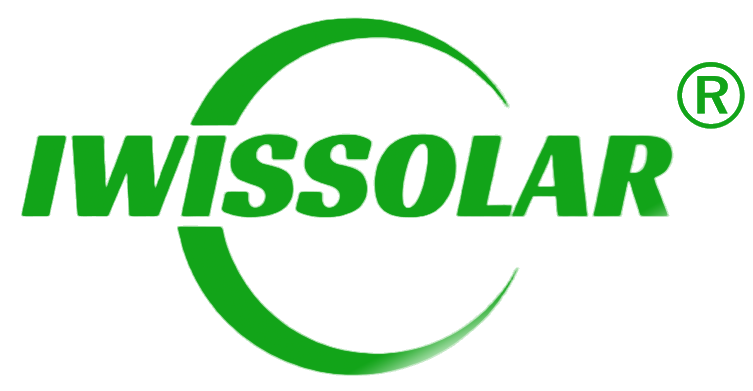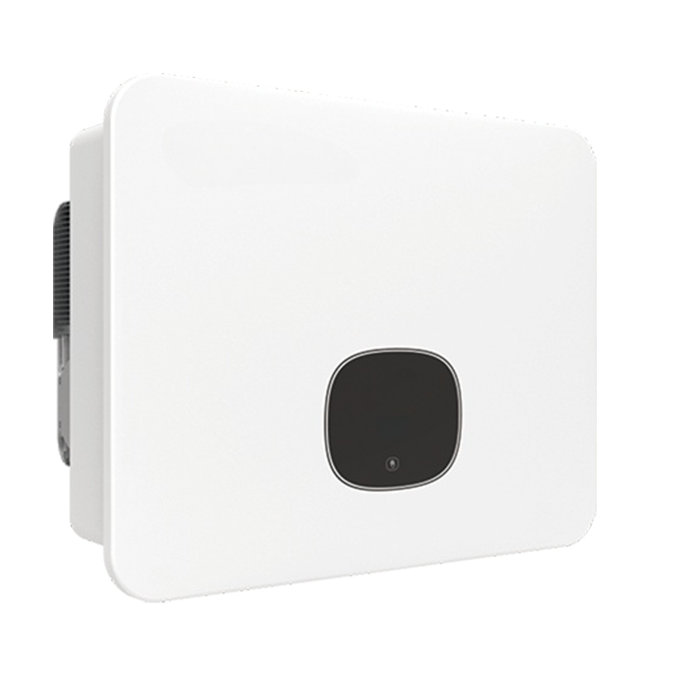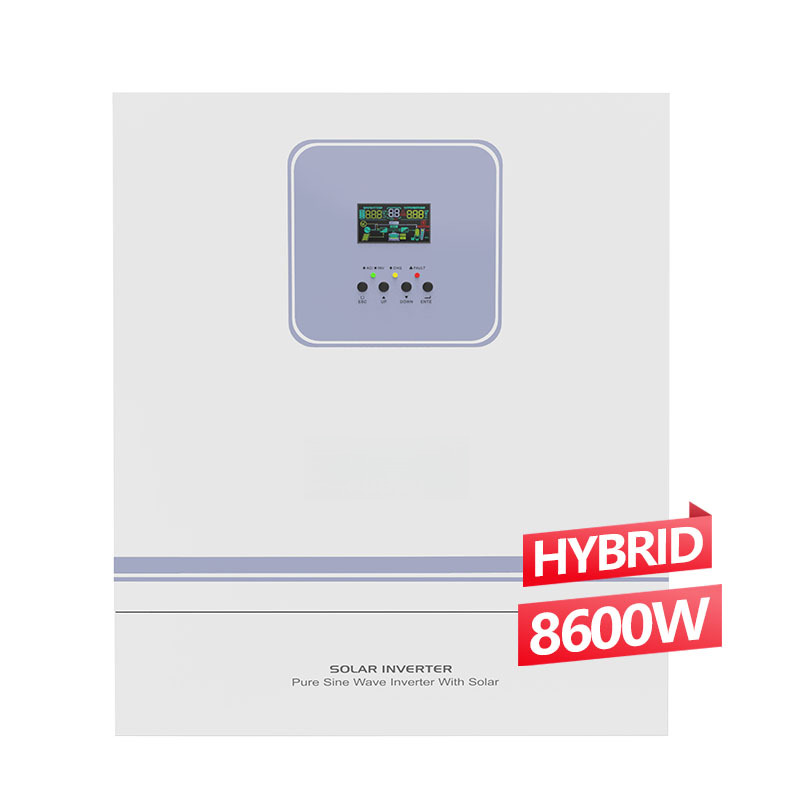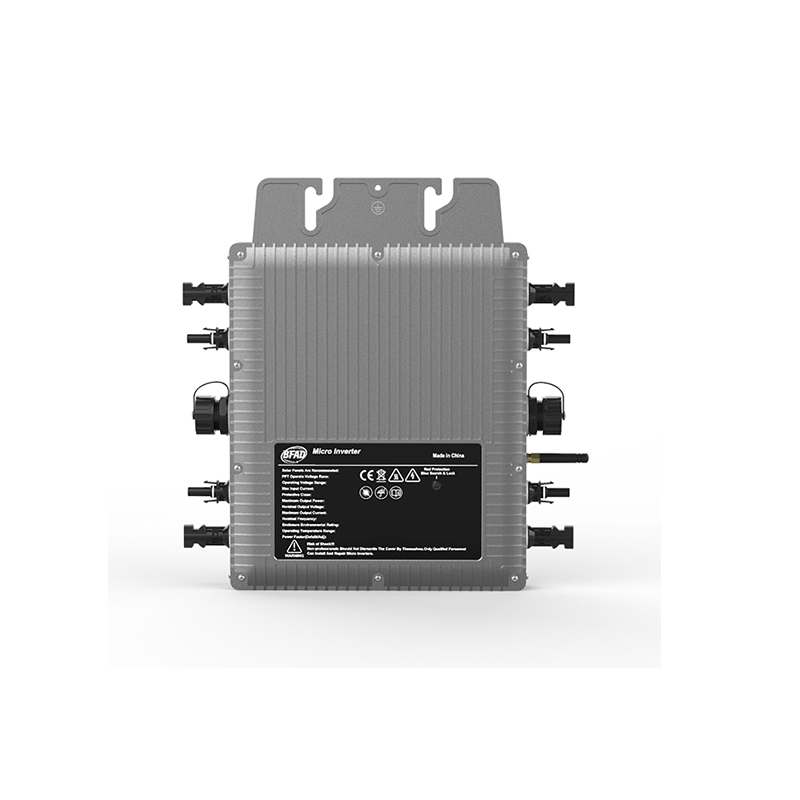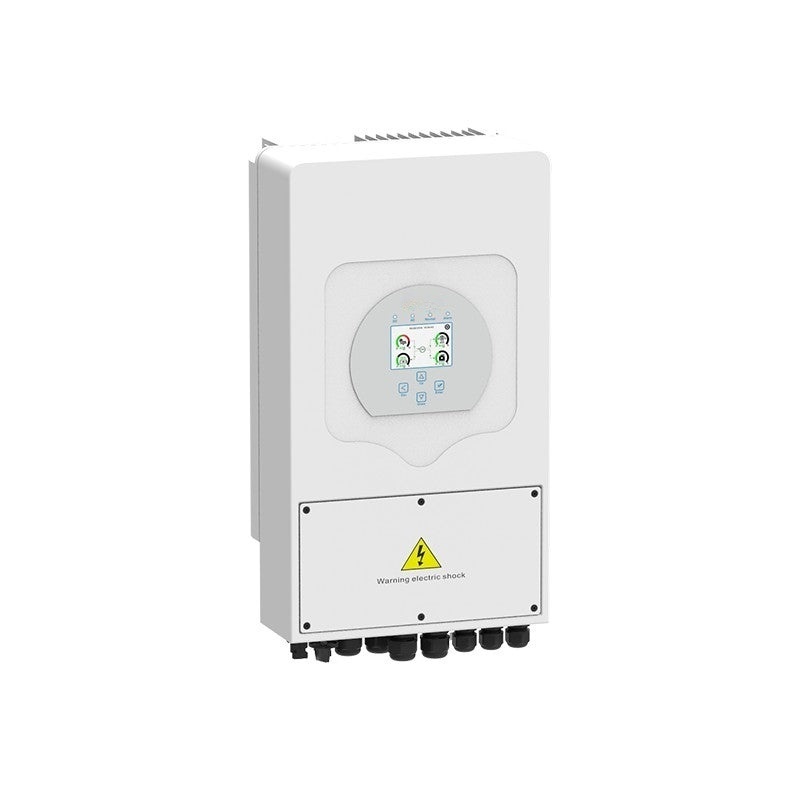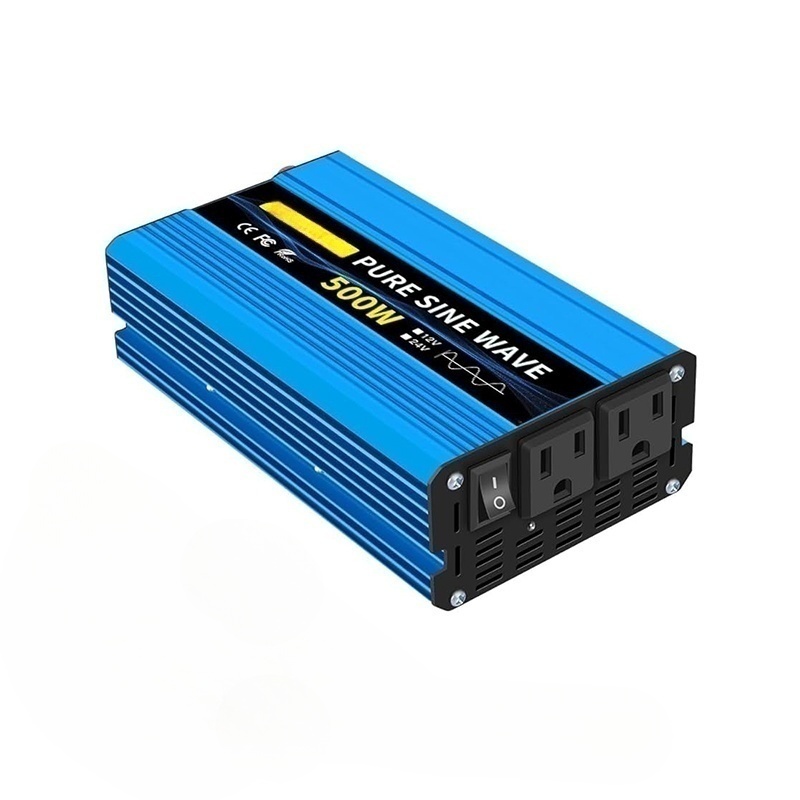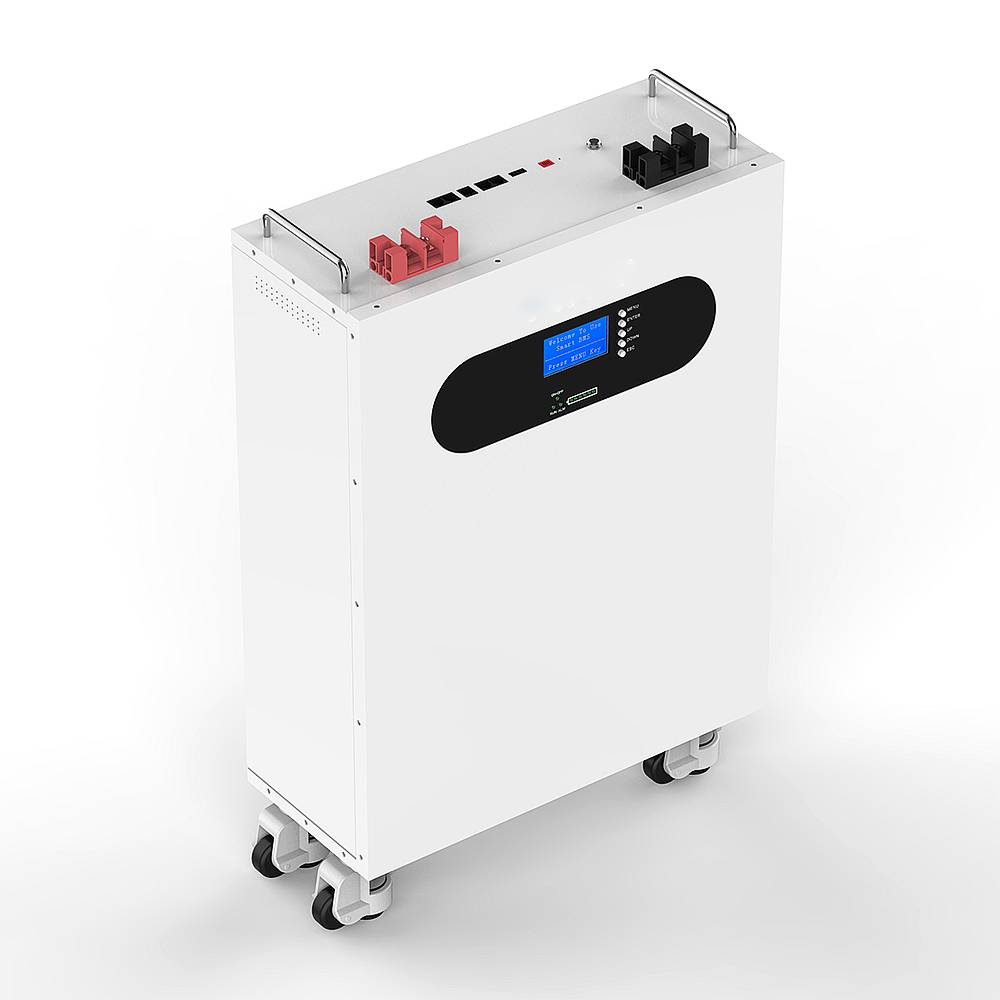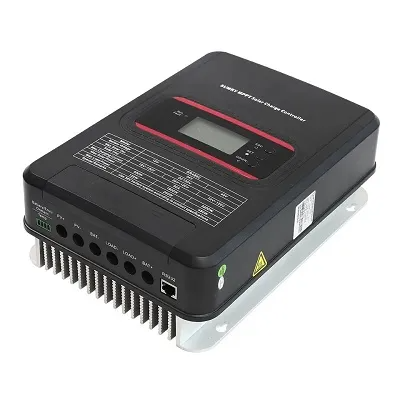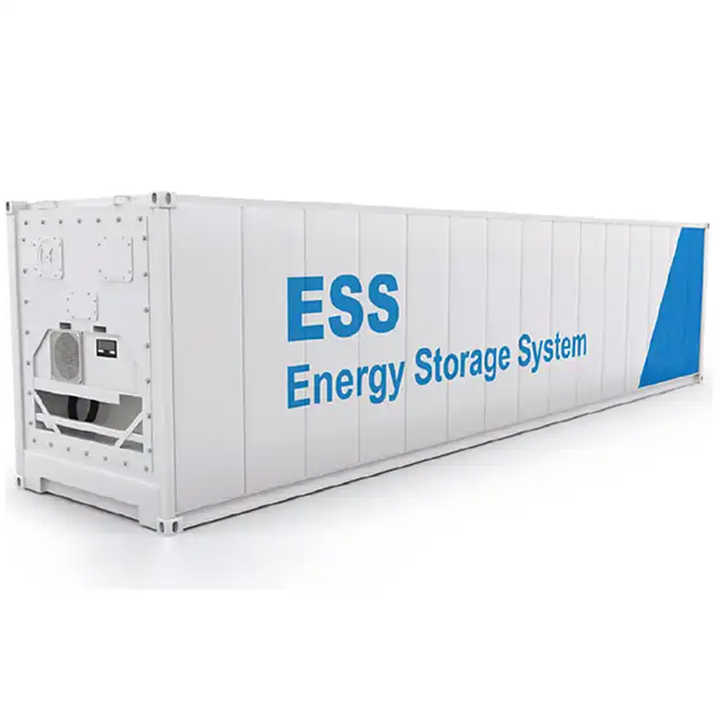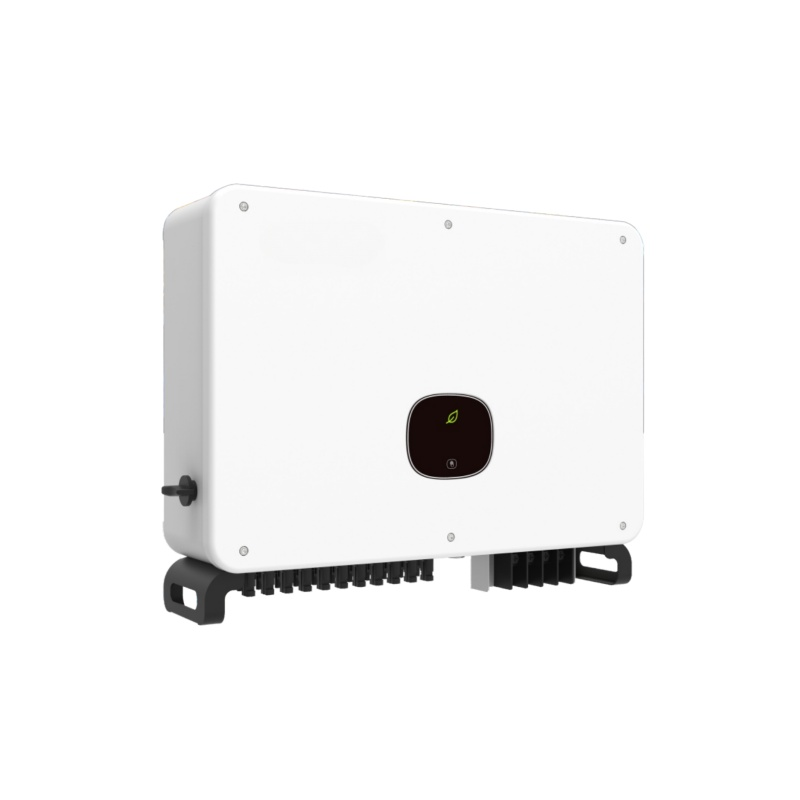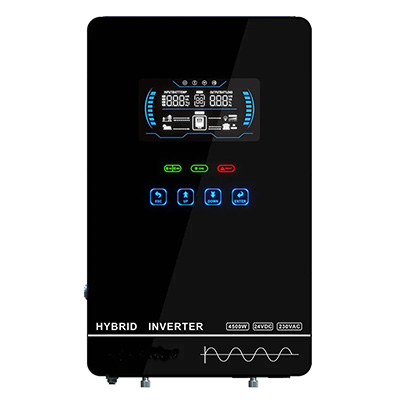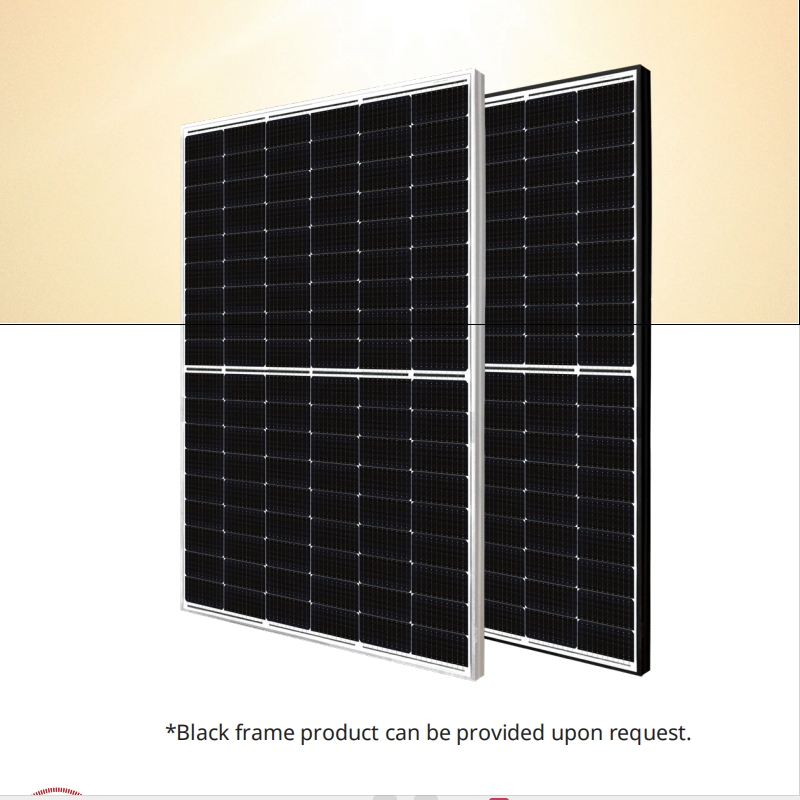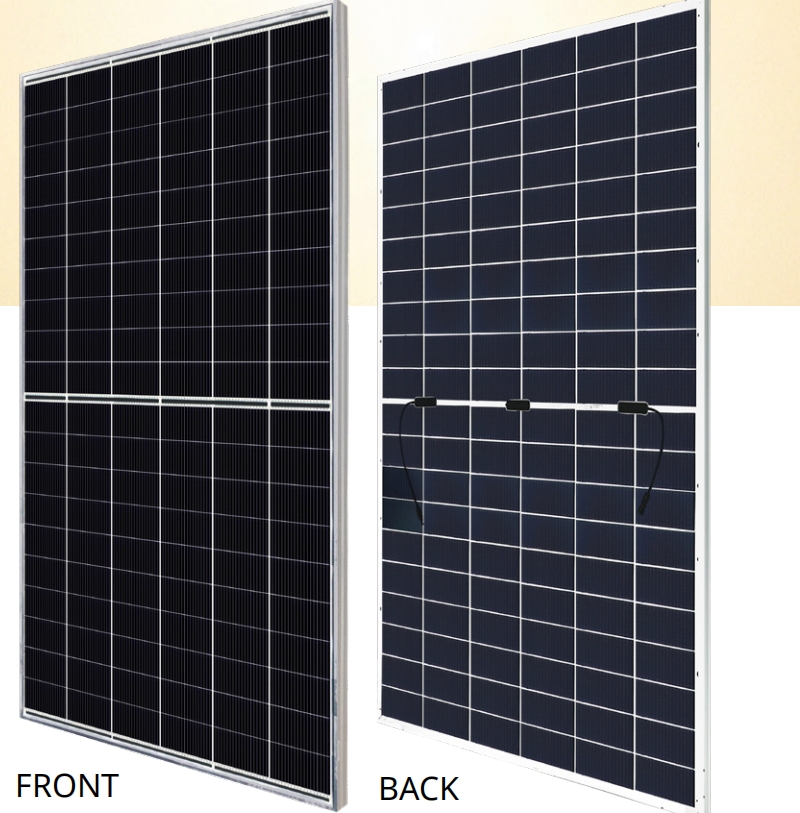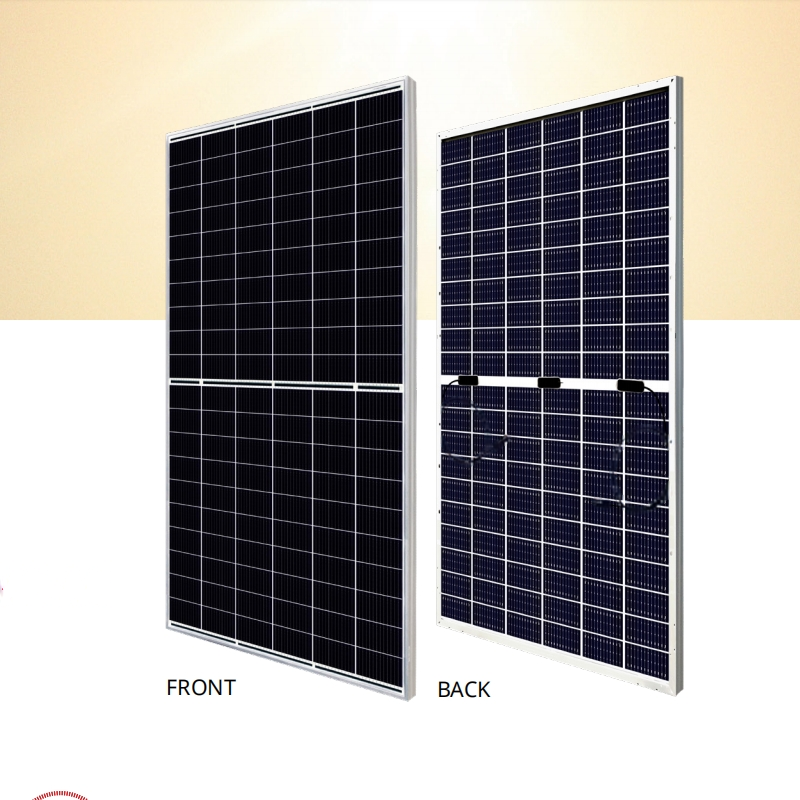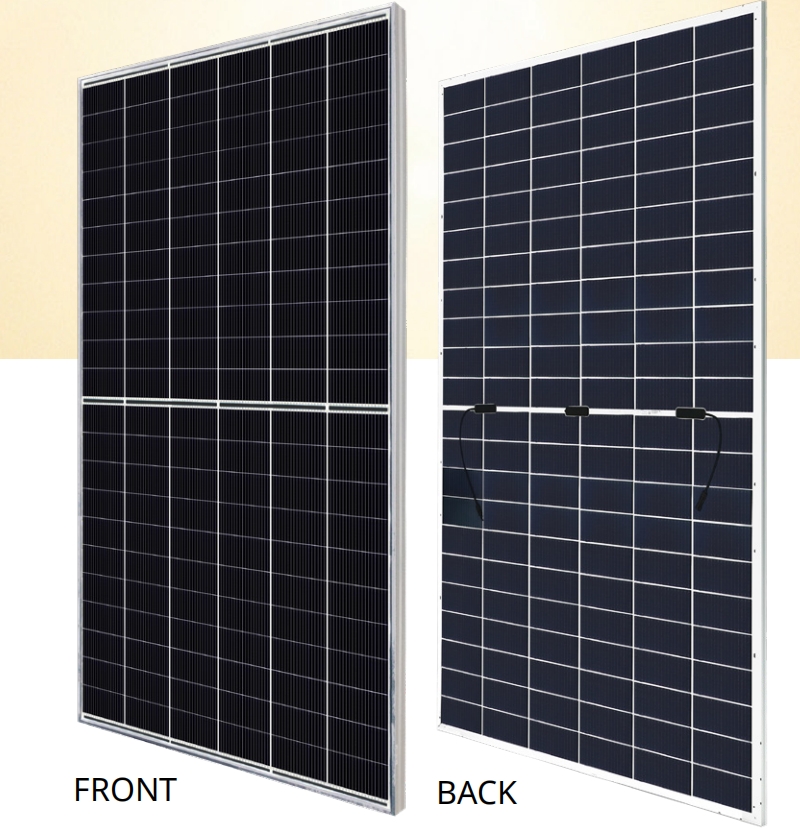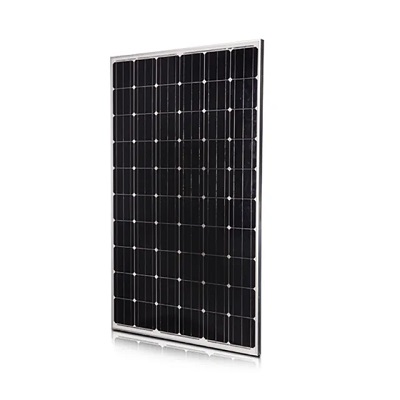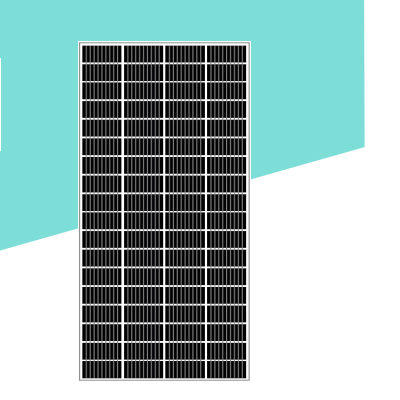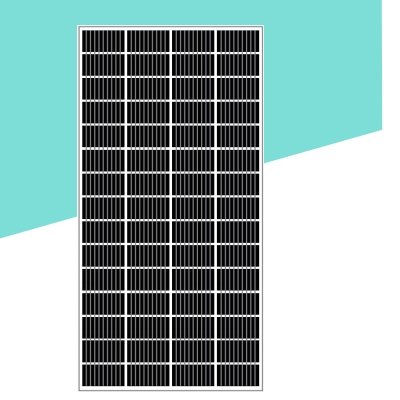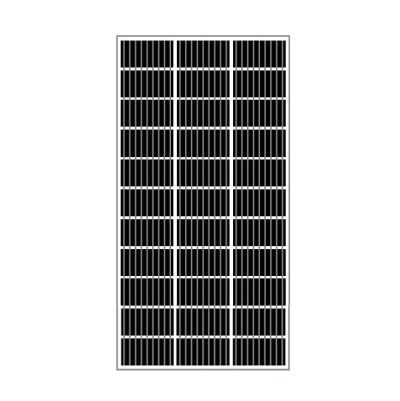Comparing Solar Inverter Manufacturers: Price & Features
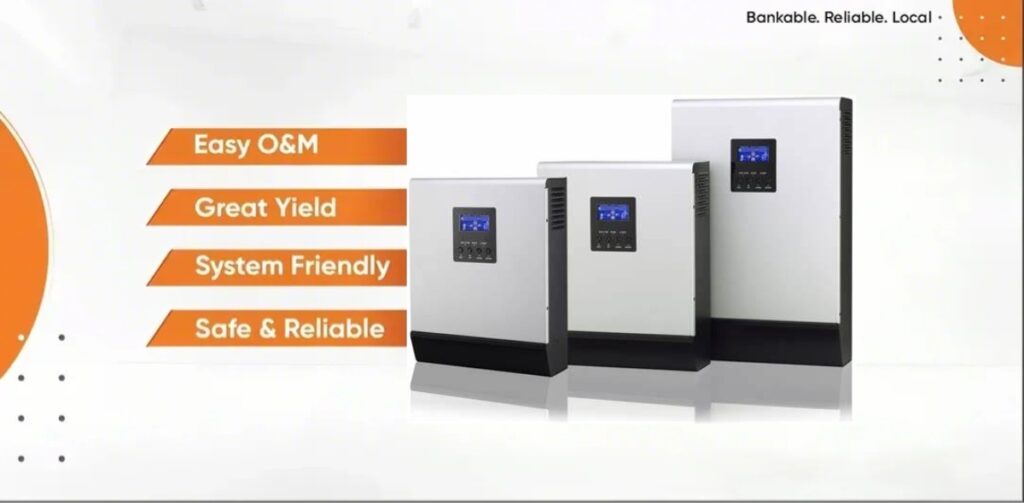
When you’re setting up a solar power system, the solar inverter might not be the first thing that grabs your attention—solar panels tend to steal the spotlight. But here’s the truth: the inverter is the beating heart of your system. It’s the piece that converts the direct current (DC) electricity your panels produce into the alternating current (AC) electricity your home actually uses. Pick the right one, and you’re looking at years of efficient, hassle-free energy production. Choose poorly, and you could be stuck with lower output, frequent repairs, or even a shorter system lifespan. With so many manufacturers out there, how do you decide which one offers the best mix of price and features for your needs?
In this guide, we’ll walk you through a detailed comparison of some of the top solar inverter manufacturers—SMA, Fronius, Enphase, SolarEdge, and Huawei. You’ll get the full scoop on what matters most to buyers like you: product options, pricing, efficiency, warranties, customer support, and more. By the end, you’ll have a clear picture of how these brands stack up and what to consider before making your choice. Let’s dive in!
Part 1. Iwis Solar Manufacturers in China
Custom Solar Products For Your Industries
Part 2.Why Your Solar Inverter Choice Matters
Before we get into the nitty-gritty of comparing manufacturers, let’s talk about why the inverter is such a big deal. Think of it as the brain behind your solar setup. It doesn’t just convert energy—it optimizes how your panels perform, keeps tabs on your system’s output, and ensures everything runs safely. A top-notch inverter can squeeze every last drop of power from your panels, cutting down on energy waste and saving you money over time. A subpar one? It could drag your whole system down, leaving you with less electricity and more headaches.
As someone investing in solar, you’re likely looking for the sweet spot between cost and quality. You want an inverter that fits your budget but doesn’t skimp on the features that’ll keep your system humming for decades. That’s where this comparison comes in—we’ll break down the key factors you need to weigh and show you how the biggest names in the game measure up.
Part 3. What to Look for in a Solar Inverter
When you’re sizing up different manufacturers, there are a few key areas that deserve your attention. Here’s what you should keep on your radar:
- Product Range: What types of inverters do they make? String inverters, microinverters, hybrids—each has its place depending on your setup.
- Pricing: How much will it set you back? You’ll want to compare costs for similar products to see where the value lies.
- Efficiency: How well does the inverter convert energy? Higher efficiency means more power for your home and less waste.
- Warranty: What kind of protection do you get? A solid warranty can save you from unexpected repair costs down the line.
- Customer Support: If something goes wrong, how easy is it to get help? Good service can turn a potential nightmare into a quick fix.
- Innovation: Are they pushing the envelope with new tech? Features like smart monitoring or grid compatibility could future-proof your system.
- User Reviews: What’s the word on the street? Real customer feedback can tell you a lot about reliability and performance.
With these in mind, let’s see how the top players compare.
What Other Solar or Power Products You Want
Custom Solar Products For Your Industries
We provide custom solutions to all our customers and offer free consulting or samples that you can take advantage of.
Part 4. Top Solar Inverter Manufacturers: A Deep Dive
1. SMA Solar Technology
What They Offer: SMA has been around the block, and they’ve got a lineup to prove it. You’ll find string inverters for homes, businesses, and even massive utility-scale projects, plus hybrid options if you’re thinking about adding battery storage.
How Much It Costs: SMA doesn’t come cheap. Their Sunny Boy string inverters, a favorite for residential use, typically run between $1,200 and $2,500, depending on the size and model. You’re paying for a name that’s synonymous with quality.
Efficiency: These inverters clock in at 97% to 98.5% efficiency—not the absolute best, but still solid enough to keep your energy losses low.
Warranty: You get a standard 10-year warranty, with the option to stretch it to 20 years if you’re willing to pay extra. That’s a nice safety net for a long-term investment.
Customer Support: SMA’s got a global network of service centers, and they’re known for being quick on the draw when you need help. You won’t be left hanging.
Innovation: They’ve got a strong legacy, but SMA isn’t always the first to jump on the latest trends. If you’re after cutting-edge features like microinverters or super-advanced monitoring, they might feel a bit old-school.
What Users Say: People love SMA for its rock-solid reliability—some say their inverters keep going strong well past the warranty. The downside? Their monitoring apps aren’t the most intuitive, so you might need some patience to get the hang of them.
Who It’s For: If you value proven performance and top-tier support, especially for a bigger system, SMA’s a safe bet.
2. Fronius
What They Offer: Fronius focuses on string inverters for homes and small businesses, with an emphasis on user-friendly, smart tech.
How Much It Costs: You’re looking at $1,000 to $2,000 for their residential models—solidly mid-range, offering a good mix of affordability and features.
Efficiency: Fronius inverters hit up to 98% efficiency, and some models come with dynamic peak management to tweak performance on the fly. That means more power when you need it.
Warranty: They match SMA with a 10-year warranty, extendable to 20 years. You’re covered for the long haul.
Customer Support: Fronius shines here. They’ve got a stellar reputation for helpful service, plus a treasure trove of online resources to guide you through any issues.
Innovation: These guys are ahead of the curve with smart features like built-in Wi-Fi monitoring and compatibility with home automation. You’ll feel like you’re living in the future.
What Users Say: Owners rave about the sleek design and the easy-to-use monitoring app. A few mention minor software hiccups, but overall, it’s a crowd-pleaser.
Who It’s For: If you’re into tech and want real-time control over your system without breaking the bank, Fronius is calling your name.
3. Enphase Energy
What They Offer: Enphase is the king of microinverters—tiny units that sit on each solar panel. They’ve also got systems that play nice with batteries.
How Much It Costs: Microinverters cost more upfront—think $150 to $200 per unit. For a typical home setup, that could total $3,000 or more. It’s an investment, no doubt.
Efficiency: You’re getting around 97% efficiency per microinverter. Where they shine is in tricky setups—say, if your roof’s got shade—because each panel works solo, maximizing output.
Warranty: Enphase goes big with a 25-year warranty. That’s a bold statement about how long they expect these to last.
Customer Support: They’ve got a wide installer network and a rep for being responsive. If you hit a snag, help’s not far off.
Innovation: Enphase invented the microinverter game and keeps pushing it forward with plug-and-play designs and advanced grid features. They’re all about making your life easier.
What Users Say: People swear by the performance in shaded spots and love the detailed monitoring. The catch? That higher price tag can sting.
Who It’s For: Got a tricky roof or just want the best per-panel output? Enphase is your go-to, especially if you’re in it for the long haul.
4. SolarEdge
What They Offer: SolarEdge mixes things up with string inverters paired with power optimizers on each panel. They’ve also got hybrid options for battery fans.
How Much It Costs: Their inverters are priced competitively—$1,000 to $2,000 for residential models—plus $50 to $100 per optimizer. It’s a middle ground between string and microinverter costs.
Efficiency: These inverters hit an impressive 99%, making them some of the most efficient out there. Less waste, more power.
Warranty: You get 12 years on the inverter and 25 years on the optimizers, with extensions available. That’s a strong combo.
Customer Support: SolarEdge has a big installer base and solid support. You’ll find plenty of pros who know their stuff.
Innovation: Their power optimizer tech is a game-changer, boosting energy harvest and simplifying installs. It’s a smart twist on the traditional setup.
What Users Say: Users love the efficiency and panel-level monitoring. Some note it’s a bit tricky to set up without a pro, but the results speak for themselves.
Who It’s For: Want high efficiency and optimization without going full microinverter? SolarEdge hits that sweet spot.
5. Huawei
What They Offer: Huawei, the tech giant, brings string inverters to the table for homes and businesses, including hybrids for battery setups.
How Much It Costs: They’re the budget champ, with residential models starting at $800. Affordable doesn’t get much better than that.
Efficiency: You’re looking at up to 98.5%—right up there with the big names, despite the lower price.
Warranty: A 10-year warranty comes standard, extendable to 20 years. Pretty typical, but solid for the cost.
Customer Support: Huawei’s still building its solar support network. You’ll find online help and tech assistance, but it’s not as established as the others.
Innovation: They’re leaning on their tech roots with cool extras like AI-powered arc fault detection and smart monitoring. It’s next-level stuff.
What Users Say: Early users love the bang for the buck and the fancy features. Some wonder about long-term reliability since Huawei’s newer to solar, but so far, so good.
Who It’s For: If you’re watching your wallet but still want modern tech, Huawei’s a tempting pick.
Part 5.How to Pick the Right Inverter for You
So, you’ve seen the lineup—now how do you choose? It all comes down to what you need. Here’s how to break it down:
- System Size: Got a small home setup? String inverters from SMA or Fronius might do the trick. Bigger or trickier systems might call for Enphase’s microinverters or SolarEdge’s optimizers.
- Budget: Tight on cash? Huawei’s low prices are hard to beat. Willing to spend more for long-term gains? Enphase or SolarEdge could be your match.
- Shading Issues: If your roof’s got trees or buildings casting shadows, microinverters or optimizers will keep your output strong.
- Future Plans: Thinking about adding panels or a battery later? Check out hybrid options or scalable systems from these brands.
- Monitoring: Love keeping tabs on your system? Fronius and Enphase offer top-notch apps to satisfy your inner data geek.
Don’t just chase the lowest price—think about the big picture. A slightly pricier inverter with better efficiency or a longer warranty could save you more over time.
Part 6.Watch Out for These Buyer Mistakes
Even with all this info, it’s easy to trip up. Here’s what to avoid:
- Obsessing Over Price: Cheap might feel good now, but a low-efficiency or unreliable inverter could cost you more in lost energy or repairs.
- Forgetting Compatibility: Your inverter needs to jive with your panels and any batteries. Double-check before you buy.
- Skimming Warranty Fine Print: A long warranty’s great, but does it cover labor or shipping? Dig into the details.
- Undervaluing Support: If your inverter conks out, you’ll want a company that picks up the phone. Don’t sleep on this.
- Overbuying Features: AI monitoring sounds slick, but if you won’t use it, why pay for it?
Steer clear of these, and you’ll be golden.
Part 7.Wrapping It Up
Picking a solar inverter isn’t just about checking a box—it’s about setting your solar system up for success. Whether you go with SMA’s tried-and-true reliability, Fronius’s smart tech, Enphase’s microinverter magic, SolarEdge’s efficiency edge, or Huawei’s budget-friendly innovation, you’ve got options to fit your needs. Weigh your system size, budget, and goals, and don’t skimp on the long-game stuff like warranties and support.
You’re on the verge of a big step toward clean energy—make it count. Take this info, do a little more digging, and chat with a pro if you need to. Here’s to powering your home smarter and greener!
Custom Solar Products For Your Industries
We provide custom solutions to all our customers and offer free consulting or samples that you can take advantage of.
